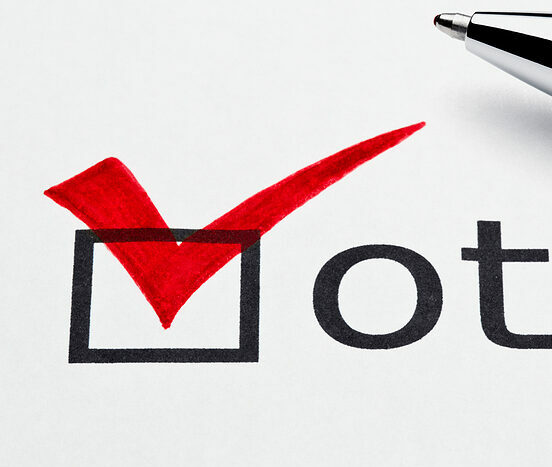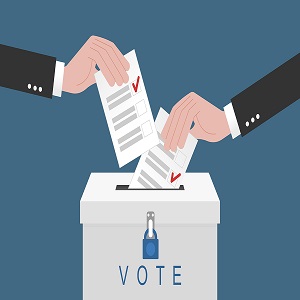Some Democrats, locally and nationally, are in denial about the huge Trump and Republican win on Nov. 5. But the sleeper issue of males playing in girls’ spots that I pointed out in my column just before the election proved to be a winner for the Trump campaign. The Trump campaign spent about $33 million […]


